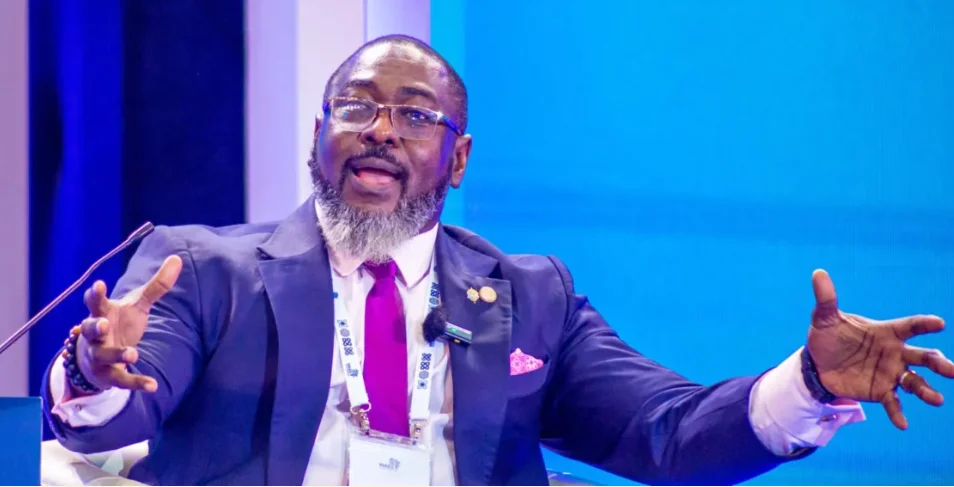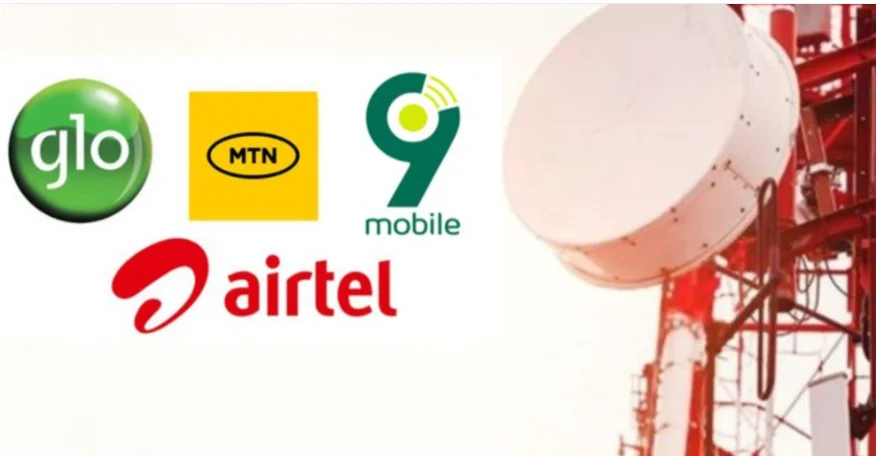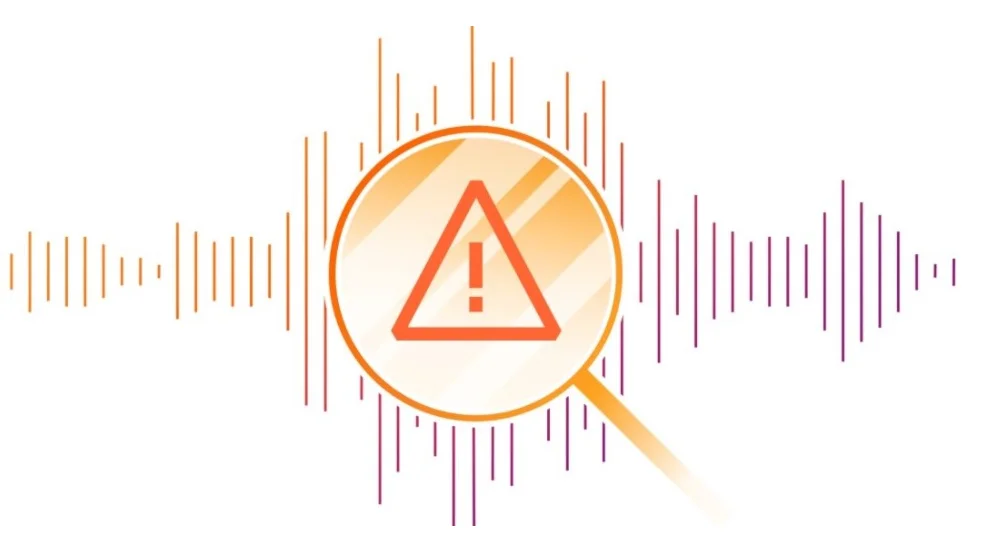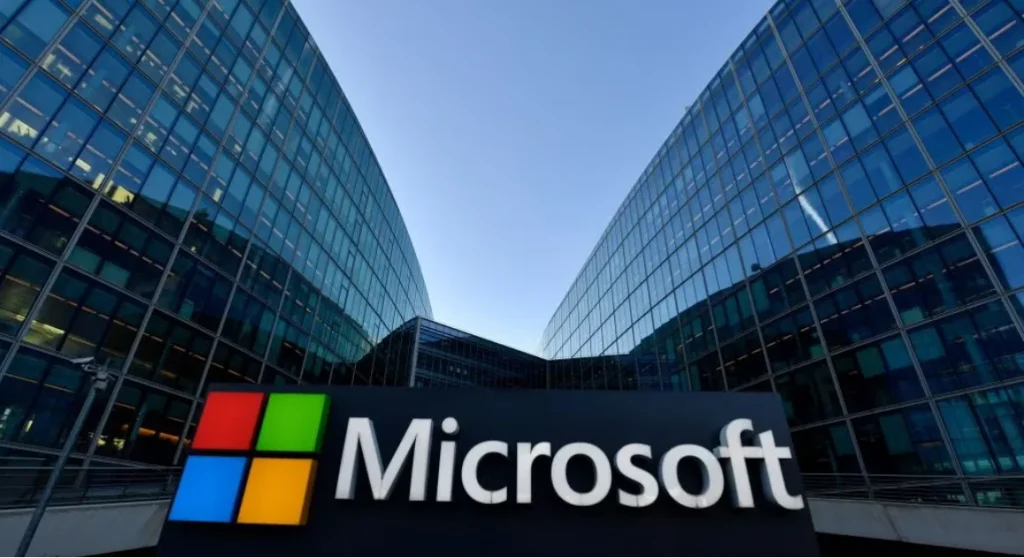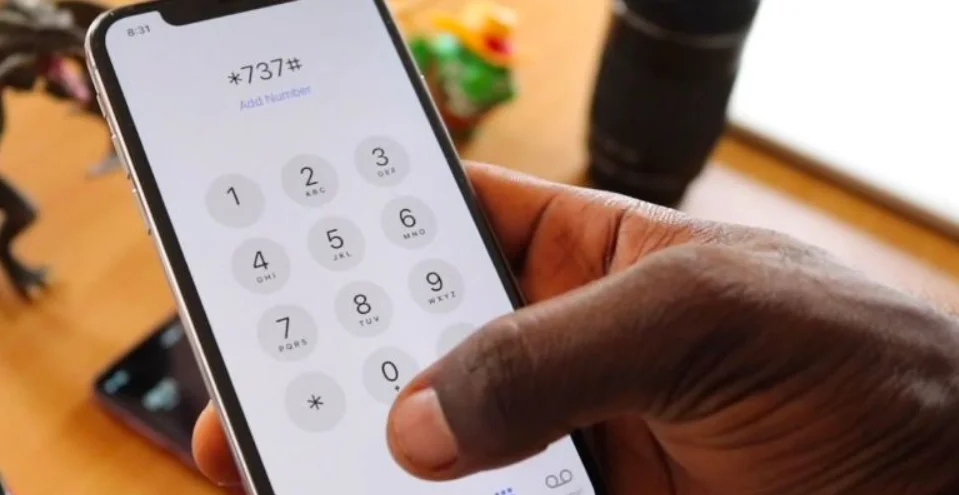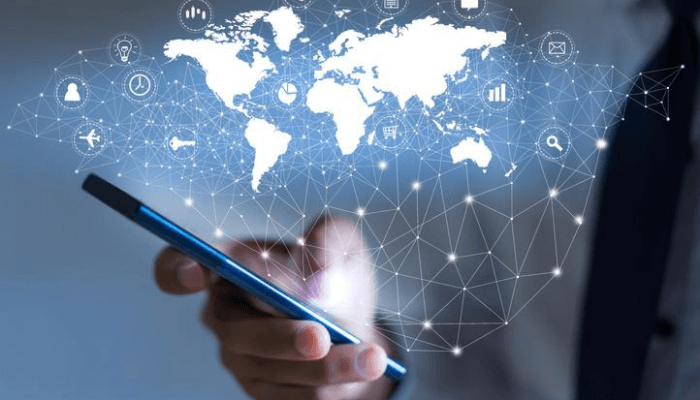Tariff Relief Triggers $2 Billion Investment in Nigeria’s Digital Infrastructure—NESG CEO
Dr. Tayo Aduloju, CEO of the Nigerian Economic Summit Group (NESG), has revealed that Nigeria’s recent 50% telecom tariff relief policy has spurred over $2 billion worth of digital infrastructure investments into the country. The bold fiscal measure, introduced earlier in 2025, has renewed confidence among telecom operators, catalyzing long-awaited investments in broadband equipment, data centers, and smart technologies.
Aduloju made the announcement during the 2025 Biennial Lecture in Honor of Alhaji Tijjani M. Borodo, hosted by the Chartered Institute of Directors Nigeria (CIDN). Themed “Building Digital Resilience: Governance, Risk, and Compliance,” the event attracted public and private sector leaders to examine Nigeria’s digital readiness.
“The 50% tariff headroom provided by the government has triggered $2 billion in digital infrastructure imports this year,” Aduloju stated. “It’s a turning point for Nigeria’s digital economy.”
Government Policy Unlocks Telecom Growth
The tariff relief, granted in January 2025 by the Nigerian Communications Commission (NCC), marked the first major pricing adjustment since 2013. Faced with rising operational costs, telecom operators had lobbied for rate increases to sustain service quality.
In a balanced response, the NCC allowed a moderate 50% upward adjustment, which was embraced by major industry players like MTN and Airtel. By February, operators had begun importing new network equipment and initiating service upgrades.
“Restrictive tariffs had stalled telecom investment for years. This policy shift unlocked pent-up infrastructure growth,” said Aduloju.
Digital Boom Meets Resilience Gaps
While the infrastructure surge marks progress, Dr. Aduloju warned of critical shortfalls in Nigeria’s cybersecurity resilience, policy implementation, and institutional coordination.
He highlighted that 58% of global government institutions, including those in Nigeria, face continuous cyberattacks, yet Nigeria’s public sector response remains slow and fragmented.
“Despite having solid digital policies on paper, Nigeria’s execution is weak due to limited technical capacity and poor inter-agency collaboration,” Aduloju explained.
He emphasised the need for swift passage of e-governance legislation, along with regular cybersecurity audits by corporate boards to strengthen internal systems.
Sector Reactions: Optimism and Backlash
The industry-wide optimism sparked by the tariff headroom was met with mixed public reactions:
- The Association of Telecommunication Companies of Nigeria (ATCON) praised the tariff relief and urged rapid implementation.
- However, consumer groups like NATCOMS threatened legal action, calling the rate hike a breach of consumer rights.
- The Nigeria Labour Congress (NLC) condemned the move as “insensitive” and planned nationwide protests on February 4, 2025.
Despite these reactions, data demand continued to soar:
- In March 2025, Nigerians consumed nearly 996 petabytes of mobile data, an 11.5% increase from February.
- Mobile subscriptions reached 141.5 million, pushing teledensity to almost 80%.
Key Takeaways
- $2 billion digital infrastructure investment triggered by 50% telecom tariff relief
- Policy shift revives confidence in telecom sector
- Cybersecurity resilience and coordination remain weak
- Mobile data usage and teledensity show strong demand
- Call for urgent passage of e-governance and digital protection laws
The Nigerian government’s strategic tariff relief has reignited investment in the country’s digital backbone, positioning it for broader connectivity, infrastructure expansion, and smart economy growth. However, without stronger governance, cybersecurity readiness, and institutional cooperation, the country risks undermining the full benefits of this digital transformation.

